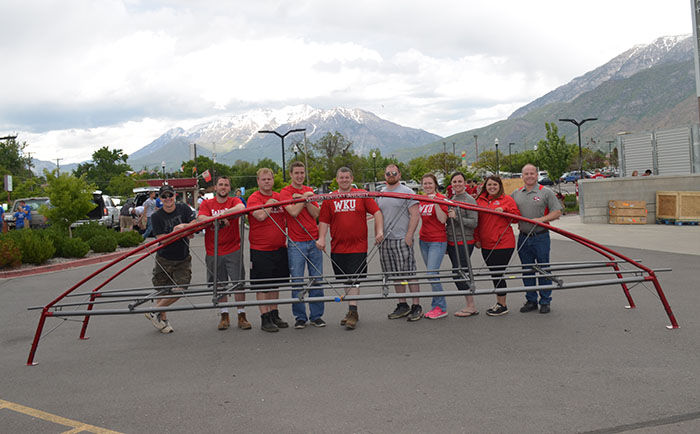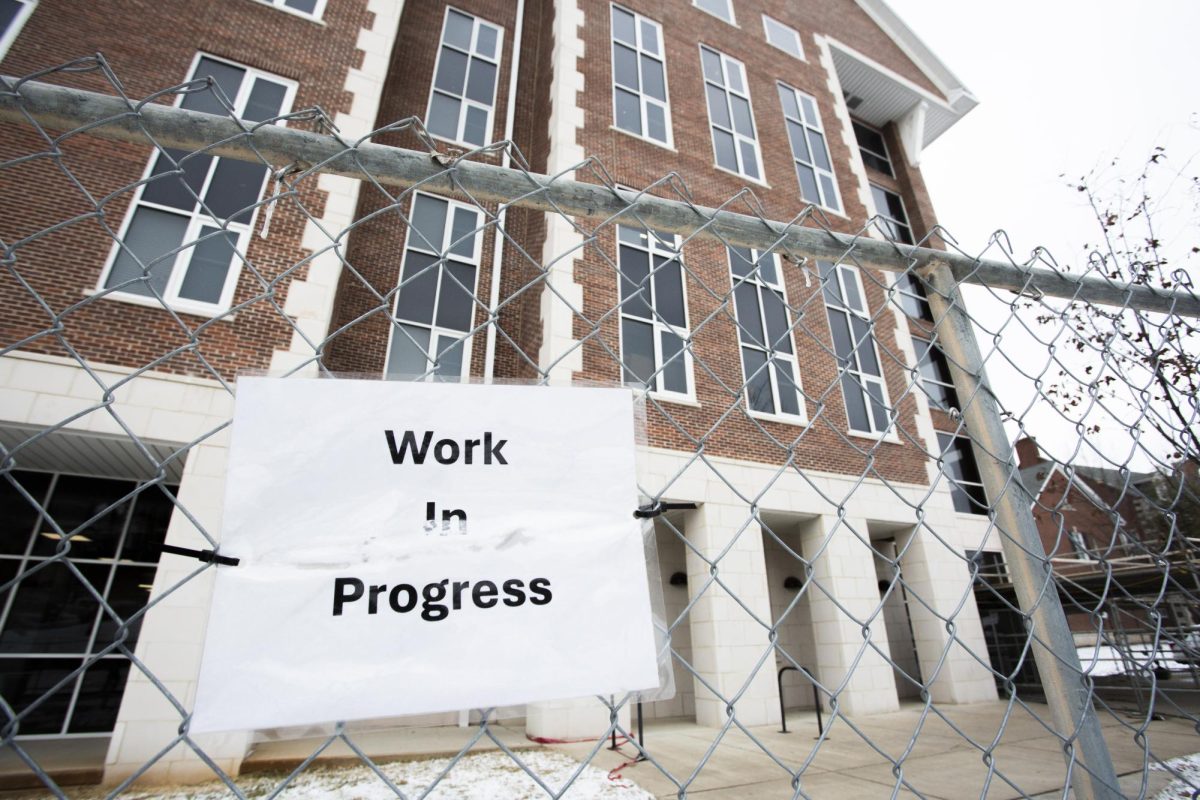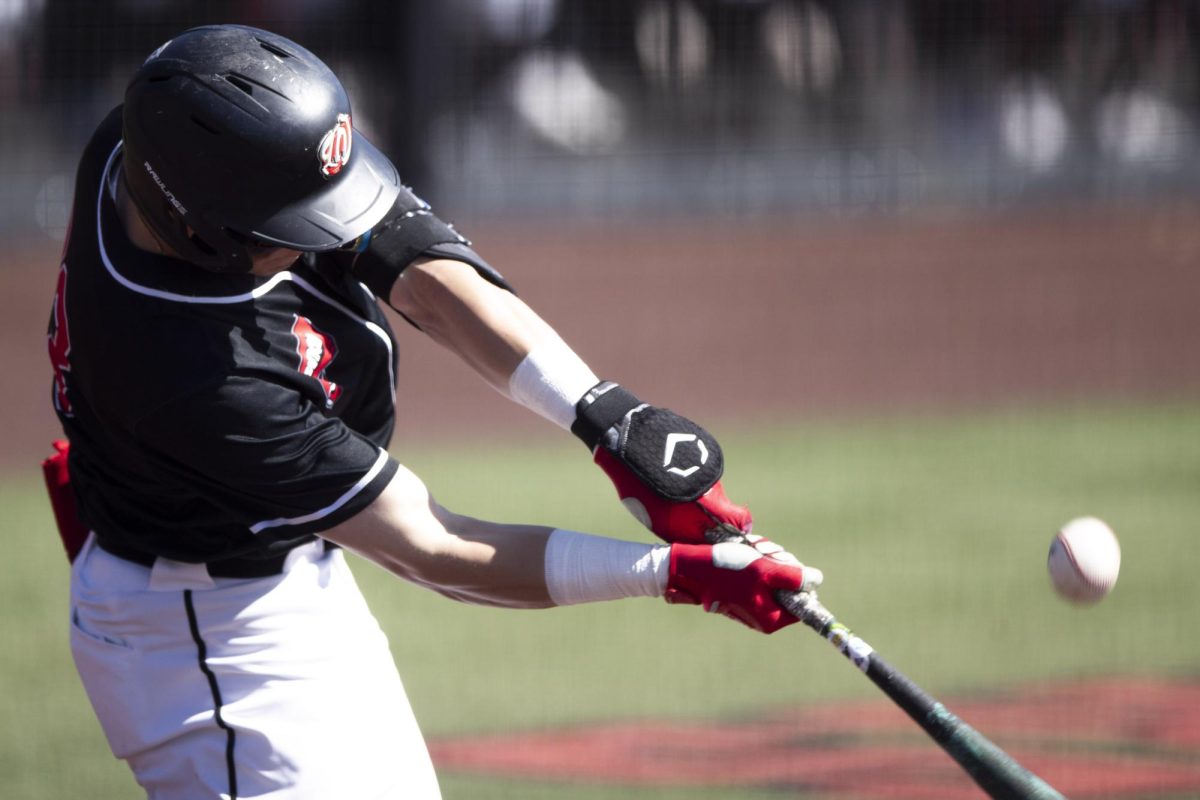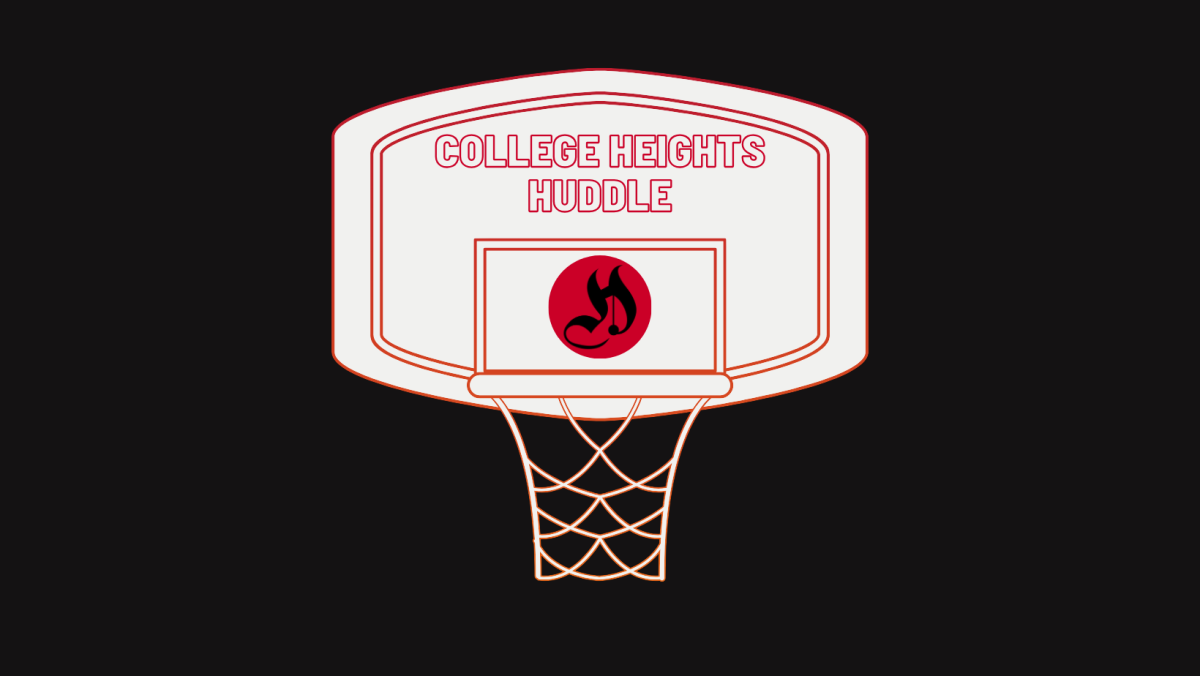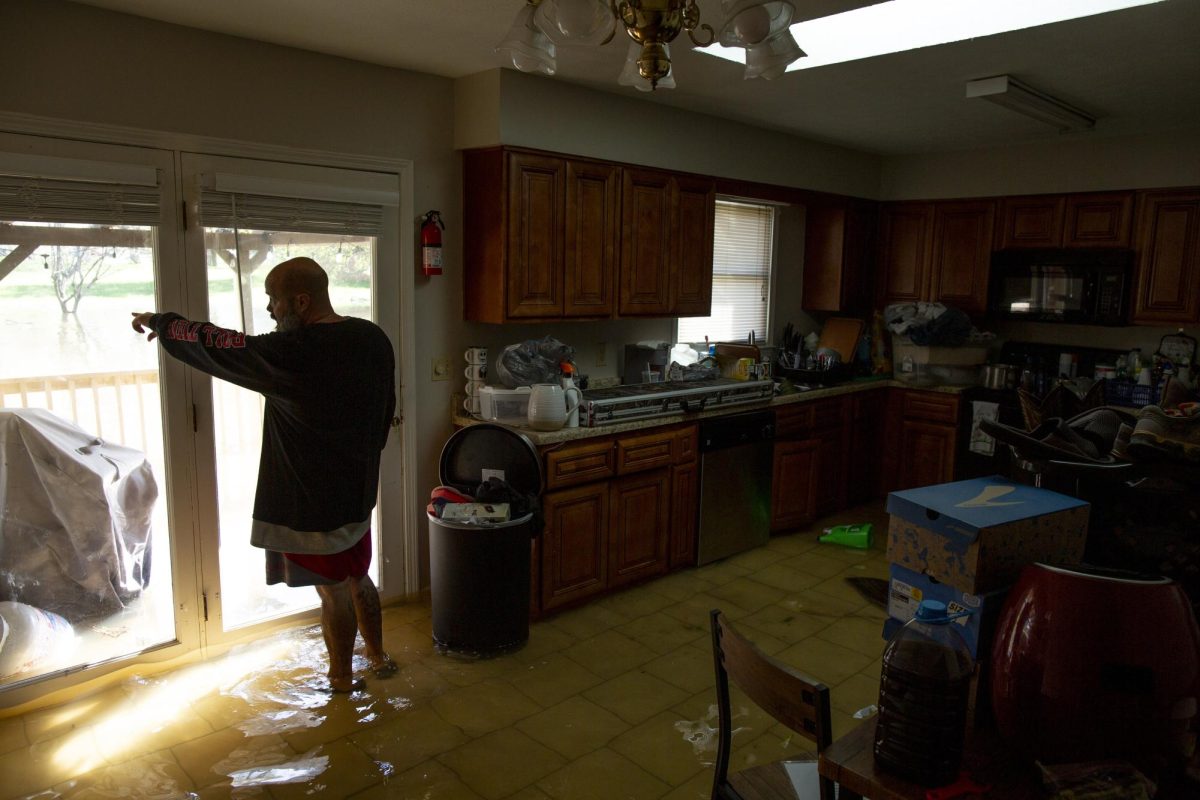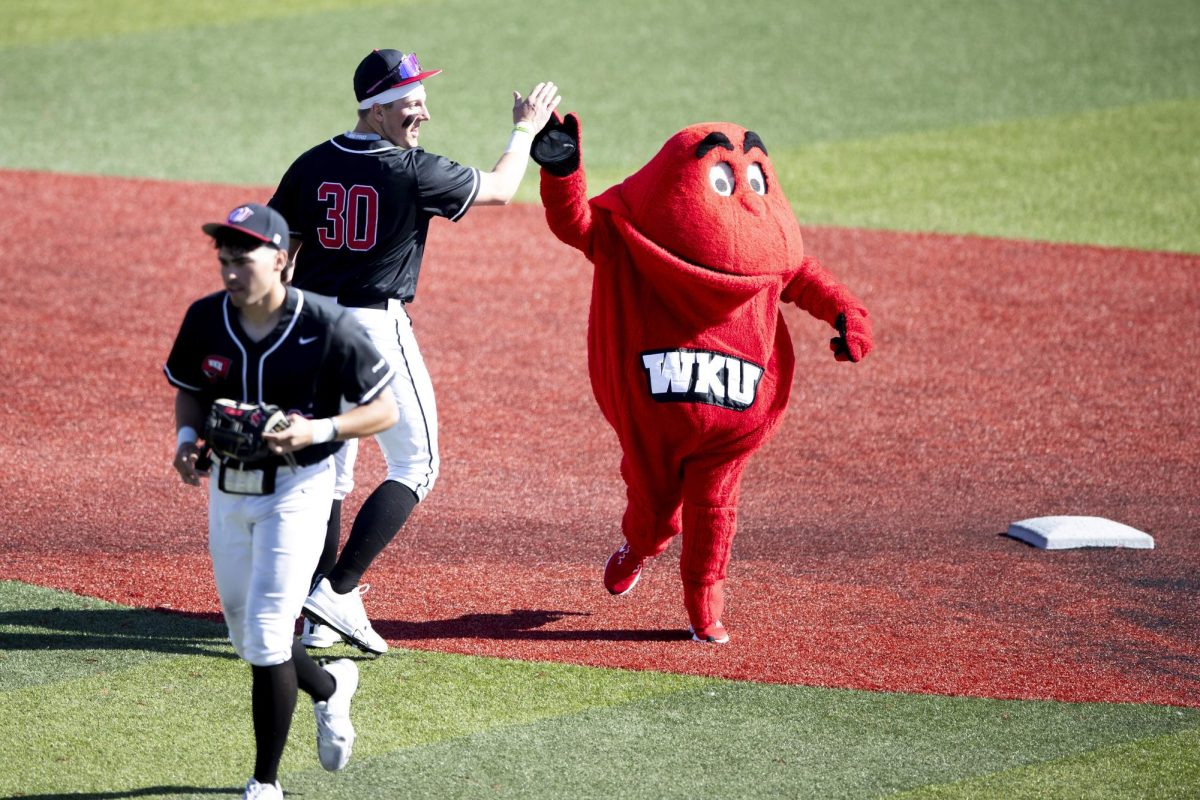Steel bridge team finishes first at national competition
June 7, 2016
Civil engineering students from WKU competed in the 2016 National Student Bridge Competition at Brigham Young University in Provo, Utah on May 27 and May 28.
Over 3,000 engineering students from over four countries competed in the event as the bridge built by WKU’s team finished first in the nation and 37th overall in the entire event.
According to a press release, WKU was the only school at the national competition to utilize curved steel in their bridge to form a large arch.
In addition, WKU also won the student choice award for their creative design. The award is voted on by the students who attended the competition.
“This is the first time the WKU Steel Bridge team has built a curved arch bridge,” said WKU steel bridge team advisor, Dr. Shane Palmquist in a press release. “Their efforts were rewarded at the national competition where the judges unanimously voted that the WKU steel bridge was the best looking bridge in the nation. I am proud of their accomplishment this year.”
The tri-captains of WKU’s national winning team were James Thomason and Drake Riley of Bowling Green and Daniel Hammer of Tompkinsville.
Other team members included Caitlin Brown of Hartford; Colton Dorris of Clarksville, Tennessee; Jessica Collins of Somerset; Taylor McMurtry of Hendersonville, Tennessee; Cory Smith of Whitesville; Lacey Martin of Glasgow; Sarah Hay of Louisa; Jacob Cornett of Cumberland; and Nathan Hughes, Franklyn Perez, and Fahad Alhumaid, all from Bowling Green.
“The bridge was actually our senior capstone project,” Hammer said. “We have worked on it the entire school year from design to the final product. There isn’t any telling how many days we put into it. For us to actually put the bridge together it only took about 16 minutes.”
WKU finished 38th overall for stiffness, which is a measure of the strength of the bridge. For structural economy, which is a measure of the construction cost of the bridge, WKU finished 30th.
WKU also finished 32nd and 35th in construction speed and lightness. For structural efficiency, which represents a measure of the total net cost of the bridge, where the lowest cost wins, WKU finished 39th.
“The competition was pretty long, but it was a good day,” Hammer said. “I’m proud of the team that we had and just having the experience to go out there and compete.”


